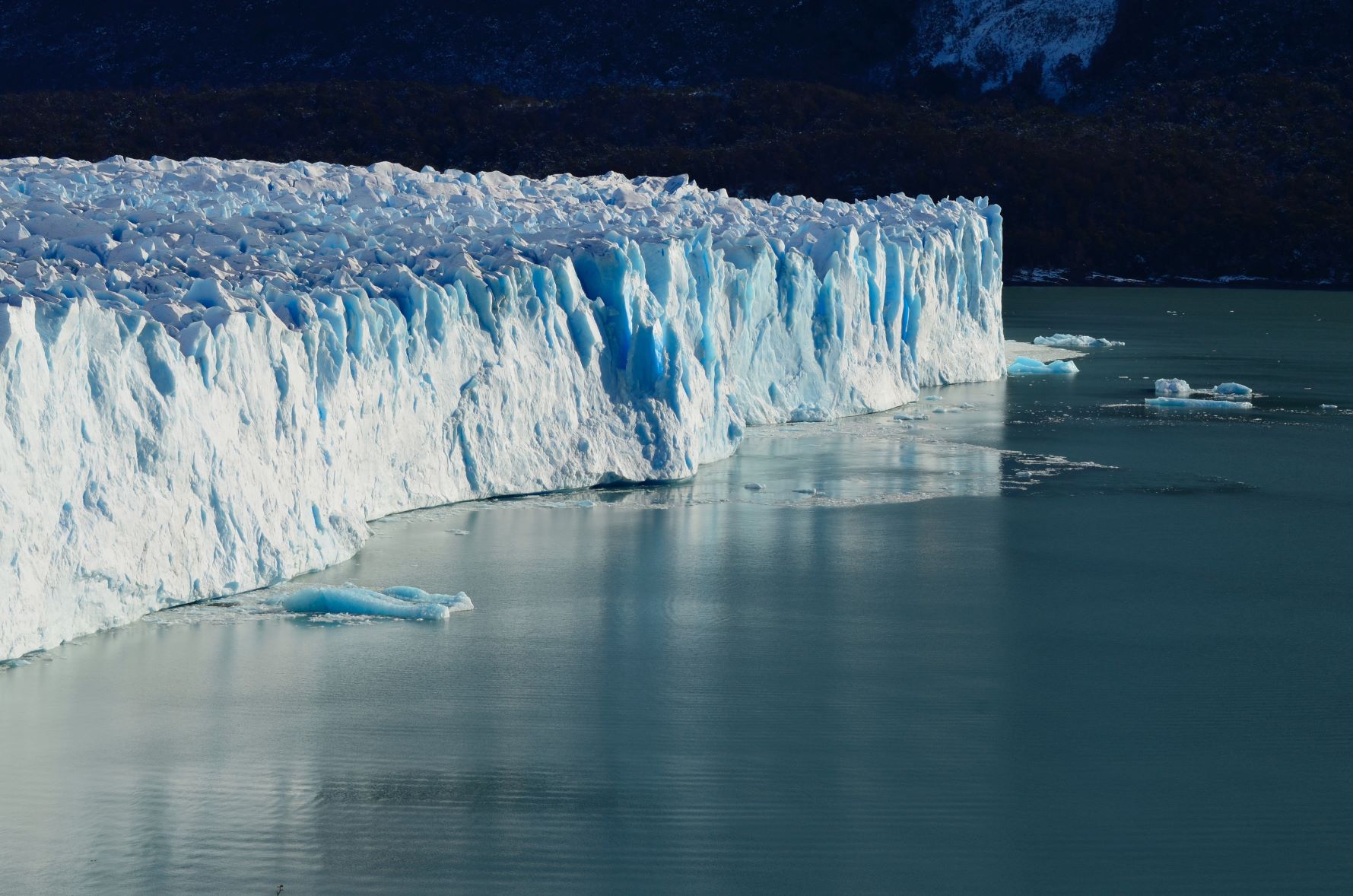Exceeding 1.5°C of warming would trigger dangerous tipping points, study suggests
Written by Olivia Nater | Published: September 14, 2022
A new study reveals that human-caused climate change may have already triggered some catastrophic shifts in our planetary systems, and urges ambitious climate action to prevent escalating risks.
Earth’s climate already no longer safe
The paper, published last week in Science, is the first study to determine temperature thresholds for concerning tipping points. When a climate tipping point is reached, it sets off self-perpetuating, often irreversible changes to Earth’s systems, which can have devastating impacts for humanity and other species. Examples include ice melt triggering massive sea level rise, the collapse of ocean currents causing worsening droughts and flooding, and thawing permafrost releasing large amounts of greenhouse gases.
The study draws on more than 200 previously published studies to determine best estimates and uncertainty ranges for nine globally important and seven regionally significant tipping points. It found that five tipping points are already possible under the current 1.1°C of warming relative to pre-industrial levels: the collapse of the Greenland and West Antarctic ice sheets, abrupt permafrost thaw, the collapse of convection in the Labrador Sea, and mass die-off of tropical coral reefs. Four of these become “likely” at only 1.5°C of warming, and an additional five tipping points become possible at this level of temperature increase.
In the 2015 Paris Agreement, world leaders pledged to limit global heating to “well below” 2°C, and “preferably” to 1.5°C. The authors note that all existing net-zero pledges (as of November 2021) could limit warming to 1.95°C, but that actual policies currently in effect put us on track for 2-3°C of warming by 2100, and that even with rapid emission cuts, we will likely reach 1.5°C by the 2030s.
Every bit of warming matters
 Some scientists are wary of talking about tipping points as doing so could make people apathetic by suggesting we can no longer avert disastrous outcomes. But this study demonstrates that risks increase with each tenth of a degree of further warming, meaning every measure to limit greenhouse gas emissions makes a vital difference.
Some scientists are wary of talking about tipping points as doing so could make people apathetic by suggesting we can no longer avert disastrous outcomes. But this study demonstrates that risks increase with each tenth of a degree of further warming, meaning every measure to limit greenhouse gas emissions makes a vital difference.
Going from a temperature increase of 1.5 to 2°C, the likelihood of the aforementioned tipping points increases, while other thresholds, including for the collapse of the Atlantic Meridional Overturning Circulation, boreal forest shifts, and glacier loss, could also be reached.
At global warming of 2 to 3°C, abrupt permafrost thaw, ice sheet collapse, and glacier melt would become “very likely,” while other risks like catastrophic Amazon rainforest dieback and shifts in the West African monsoon also become possible.
The authors warn that things could get even worse:
“If the moderate ambition of current policies is not improved and climate sensitivity or carbon cycle feedbacks turn out to be higher than the median assumption then warming of up to ~4°C is possible by 2100, and >4°C cannot be ruled out if future policy ambition declines and/or implementation falters.”
More ambition needed
The study makes it painfully clear that there is a dire need for world leaders to implement drastic emissions cuts to ensure the Paris Agreement is fulfilled. Ending population growth sooner rather than later by enabling everyone to access quality contraception and education would help limit emissions as well as make communities more resilient to climate impacts.
Research by Project Drawdown found that limiting further population growth by accelerating progress on family planning and education could cut emissions by 68.9 Gigatons by mid-century, making this the third most effective available climate solution in limiting warming to 2°C, after reducing food waste and meat and dairy consumption.
Empowering population solutions must go hand-in-hand with efforts to decarbonize our economies and build more sustainable societies. We can and must avert a grim future by acting now — billions of lives depend on it.

